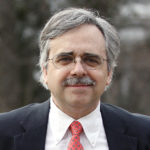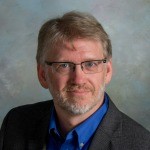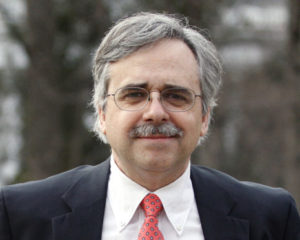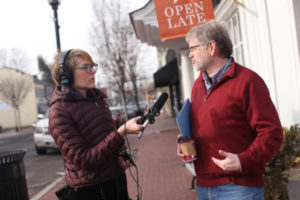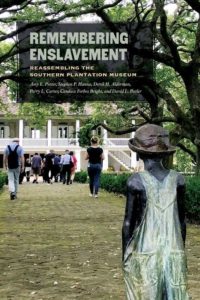Stephen Farnsworth, professor of political science and director of the University’s Center for Leadership and Media Studies; Stephen P. Hanna, professor of geography, and Sally Burkley, a 2022 UMW graduate who is now a student at William and Mary Law School, are coauthors of a book chapter, “Chuck Robb’s 1981 Gubernatorial Campaign and the Democratic Realignment.” The chapter was published by the University of Virginia Press in an edited volume, The New Dominion: The Twentieth-Century Elections that Shaped Modern Virginia.
- Professor of Political Science Stephen Farnsworth
- Professor of Geography Stephen Hanna
Other recent media mentions for Stephen Farnsworth include:
Commonwealth’s attorney candidates spar over rising crime, partnering with police, criminal justice reform (Prince William Times)
https://www.cp24.com/video?clipId=2752477
But Stephen Farnsworth, a political scientist at the University of Mary Washington, said that it remains essential to a party’s fortune statewide that both parties are on the ballot everywhere, including in those districts where they are unlikely to win. “There are parts of Virginia where Democrats will always win, and places where they will always lose. The question is how big are the margins,” Farnsworth said.
https://cardinalnews.org/2023/08/23/why-democrats-are-struggling-in-rural-virginia/
What is the reason for the absence of President Biden in the primary debates? (Voice of America)
https://www.vozdeamerica.com/a/por-que-presidente-eeuu-participa-debates-elecciones-primarias/7221286.html
